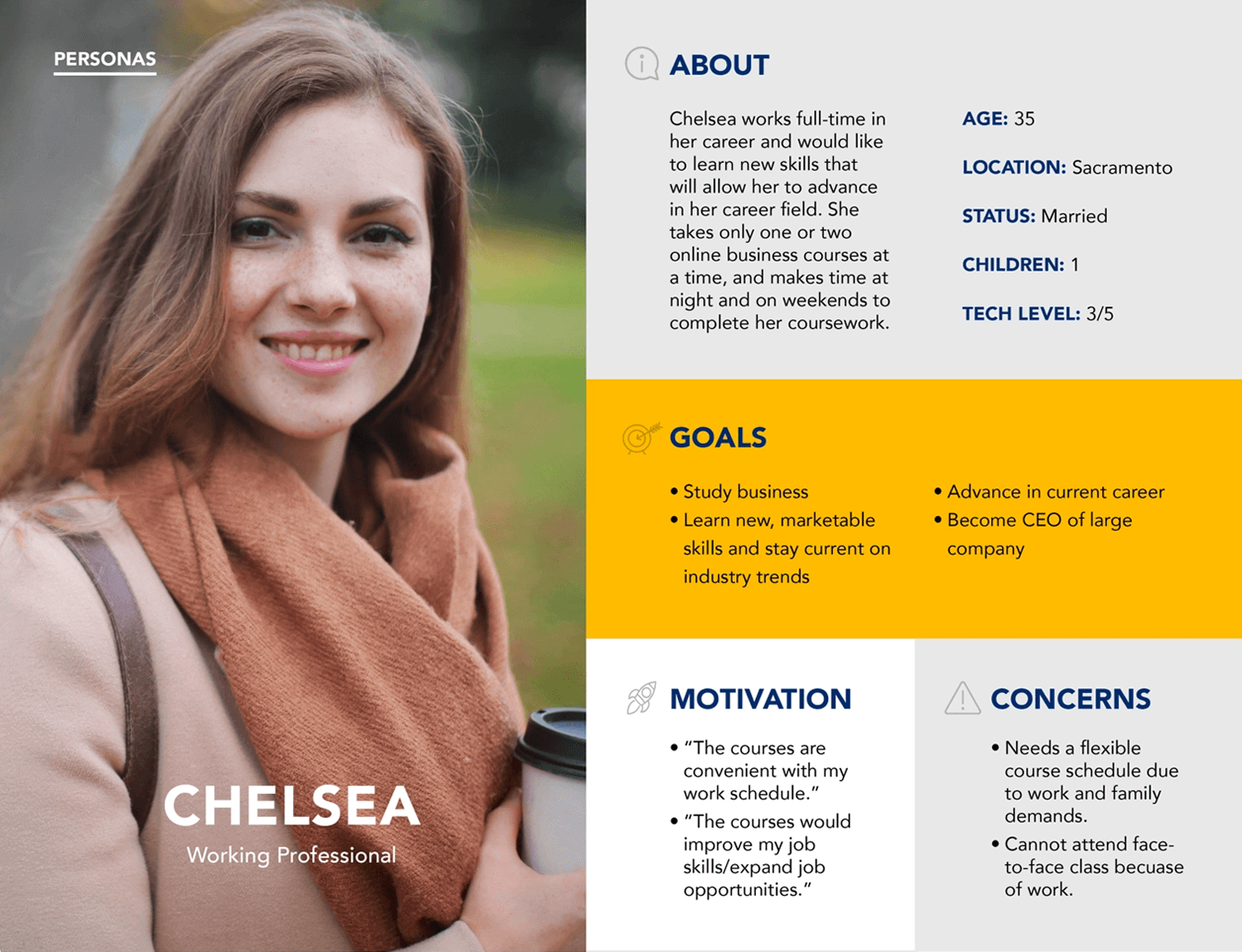Modern Font Examples: A Designer's Essential Toolkit
Typography. The silent voice of your design. It whispers elegance, shouts authority, or murmurs playfulness, all without uttering a single word. The fonts you choose are the messengers of your message, shaping perception and guiding the reader's eye. In today's visually-driven world, harnessing the power of modern font examples is more crucial than ever.
What exactly constitutes a "modern" font? It's more than just a recent creation date. Modern fonts embody current design sensibilities, often reflecting minimalist aesthetics, geometric shapes, or a distinct departure from traditional typefaces. They're the fonts that feel fresh, relevant, and reflective of the contemporary digital landscape.
The journey of modern fonts is intertwined with the evolution of technology. From the limitations of early printing presses to the limitless possibilities of digital design software, fonts have adapted and evolved. The advent of the personal computer democratized typography, giving designers unprecedented control over the visual language of communication.
Choosing the right modern font can elevate a brand, enhance readability, and create a lasting impression. Conversely, a poorly chosen font can undermine your message, making it appear dated, unprofessional, or even illegible. This highlights the importance of understanding the nuances of contemporary typography and exploring a diverse range of modern font examples.
This exploration into the realm of modern fonts aims to equip you with the knowledge and inspiration to make informed typographic decisions. We'll delve into the history, examine notable examples, discuss best practices, and address common challenges. By the end, you'll be well-versed in the art of selecting and implementing modern fonts, transforming your designs from ordinary to extraordinary.
The roots of many modern fonts lie in the modernist design movements of the early 20th century. Movements like Bauhaus and Swiss Style emphasized simplicity, functionality, and geometric forms, principles that continue to influence contemporary typography. Fonts like Helvetica and Futura, born from this era, remain timeless classics, demonstrating the enduring power of clean, minimalist design.
A simple example of a modern font's impact is comparing a website using Times New Roman to one using a font like Open Sans. The latter immediately feels more contemporary and accessible, demonstrating how a simple font change can drastically alter the overall perception.
One benefit of using contemporary typefaces is improved readability. Many modern fonts are designed with screen readability in mind, featuring clear letterforms and ample spacing. This enhances the user experience, particularly in digital environments.
Another advantage is enhanced brand identity. A carefully selected modern font can communicate a brand's personality and values. A tech startup might opt for a sleek, futuristic font, while a handcrafted goods company might choose a warmer, more organic typeface.
Lastly, modern fonts contribute to a contemporary aesthetic. Using current typographic trends keeps your designs looking fresh and relevant, ensuring they resonate with a modern audience.
Advantages and Disadvantages of Modern Fonts
| Advantages | Disadvantages |
|---|---|
| Improved Readability | Overuse can lead to lack of originality |
| Enhanced Brand Identity | Some fonts may not be suitable for all projects |
| Contemporary Aesthetic | Trendy fonts can quickly become dated |
Five examples of modern fonts are Montserrat, Raleway, Open Sans, Roboto, and Lato. These fonts are versatile, highly legible, and widely used in web and print design.
A common challenge is finding the right balance between trendy and timeless. The solution is to choose fonts that have a proven track record of longevity while still feeling current.
FAQ: What are some good resources for finding free modern fonts? Answer: Google Fonts, Font Squirrel, and DaFont are excellent resources.
Tip: Experiment with font pairings to create visually appealing and harmonious designs.
In conclusion, the landscape of modern font examples is a vibrant and ever-evolving one. Understanding the history, benefits, and best practices of using these fonts is crucial for any designer seeking to create impactful and engaging visual communication. From enhancing readability to establishing a strong brand identity, the right font can be a powerful tool. By embracing the principles of good typography and staying informed about current trends, you can harness the power of modern fonts to elevate your designs and connect with your audience in a meaningful way. Take the time to explore different font families, experiment with pairings, and consider the specific needs of your project. The world of typography is at your fingertips – explore it, embrace it, and let your designs speak volumes.
Unlock your inner muse with the montex mega meter pen
Small tattoo designs for men a comprehensive guide
Unmasking the persona exploring the person within the villain in novels














